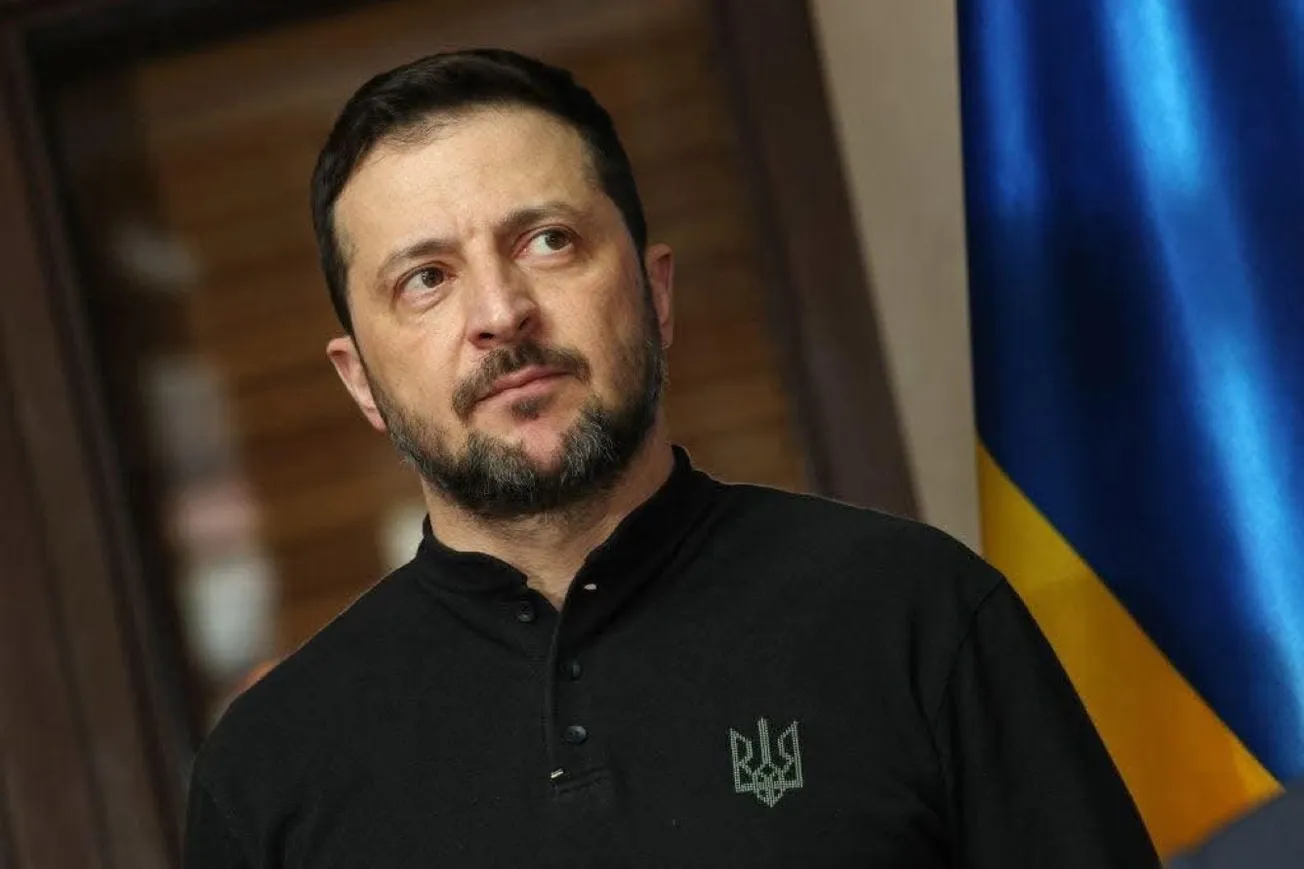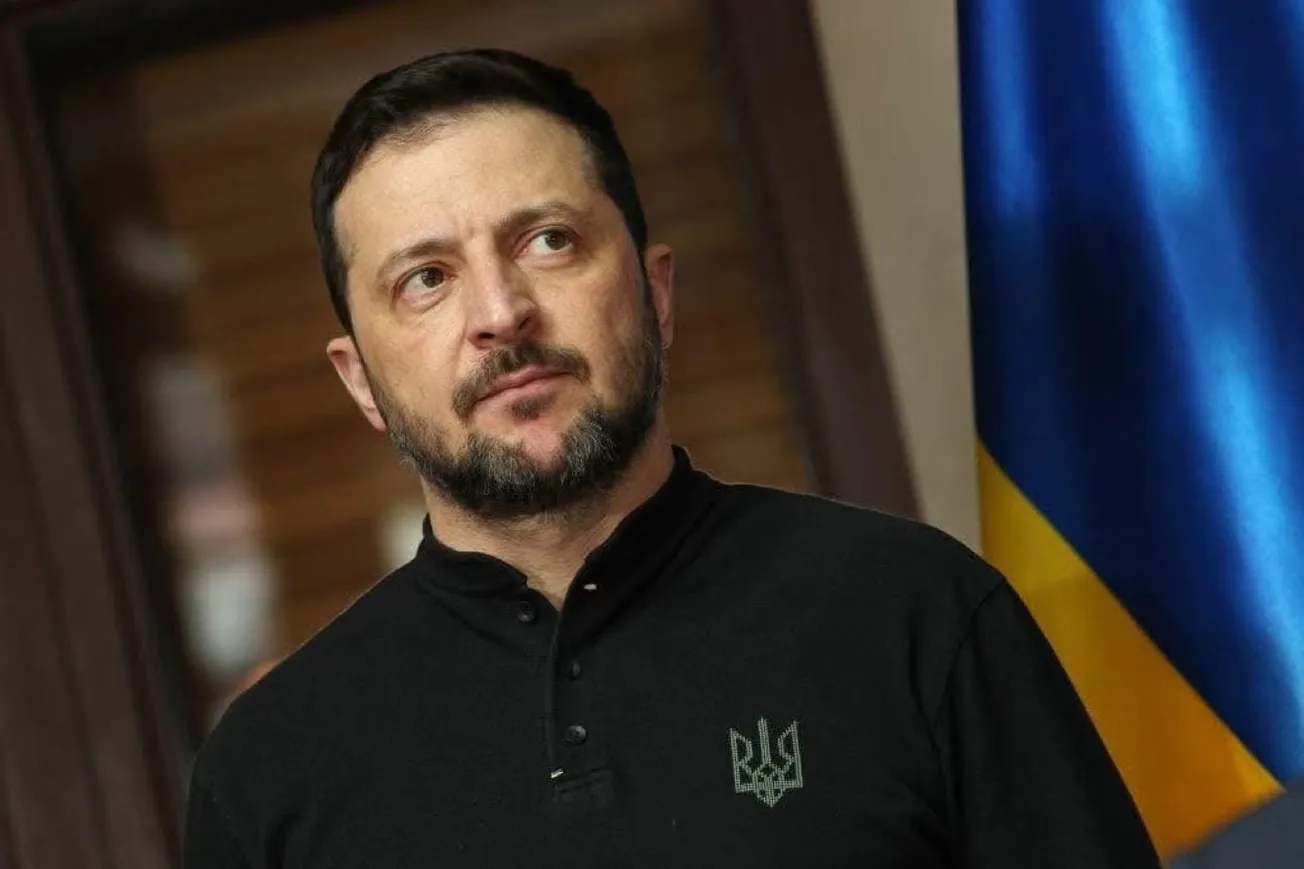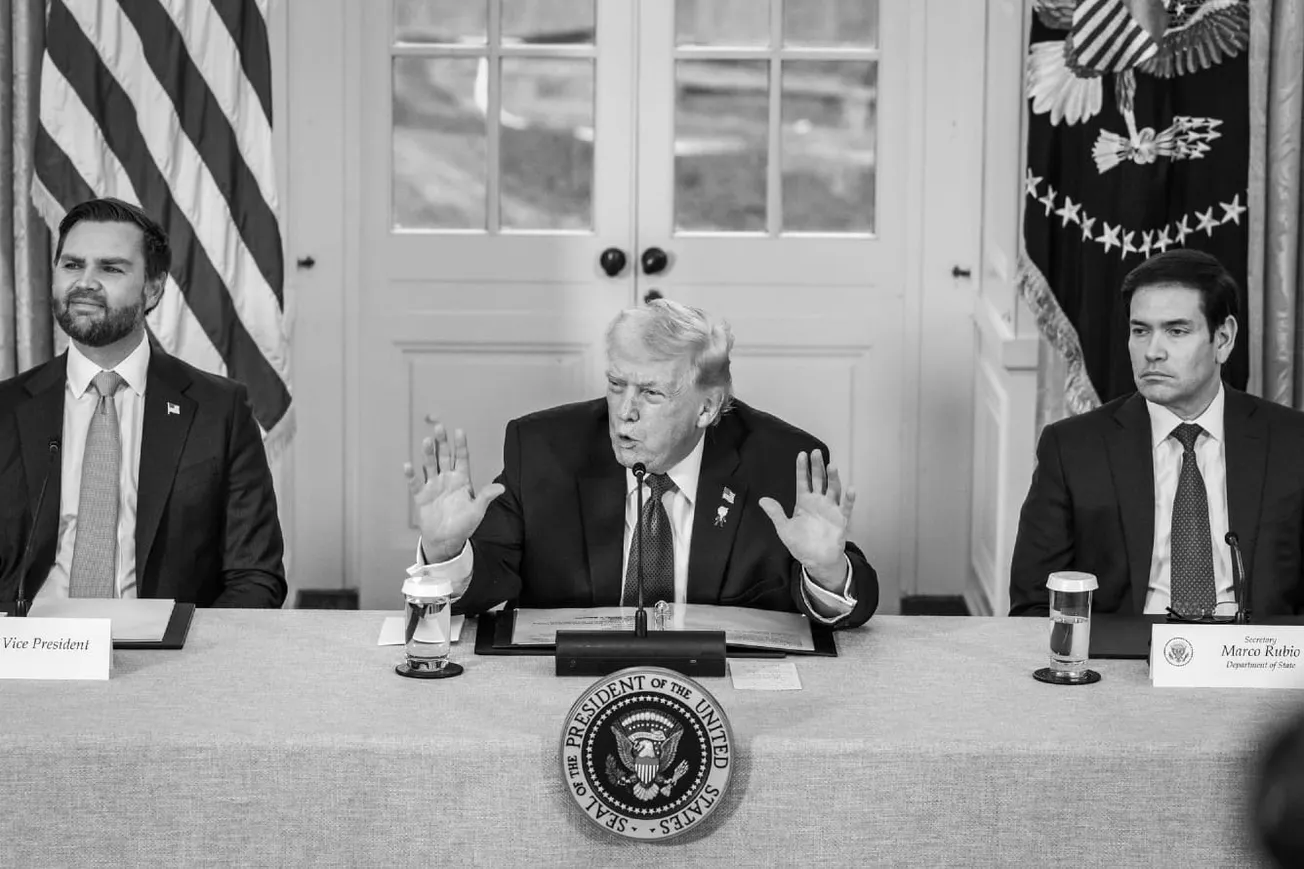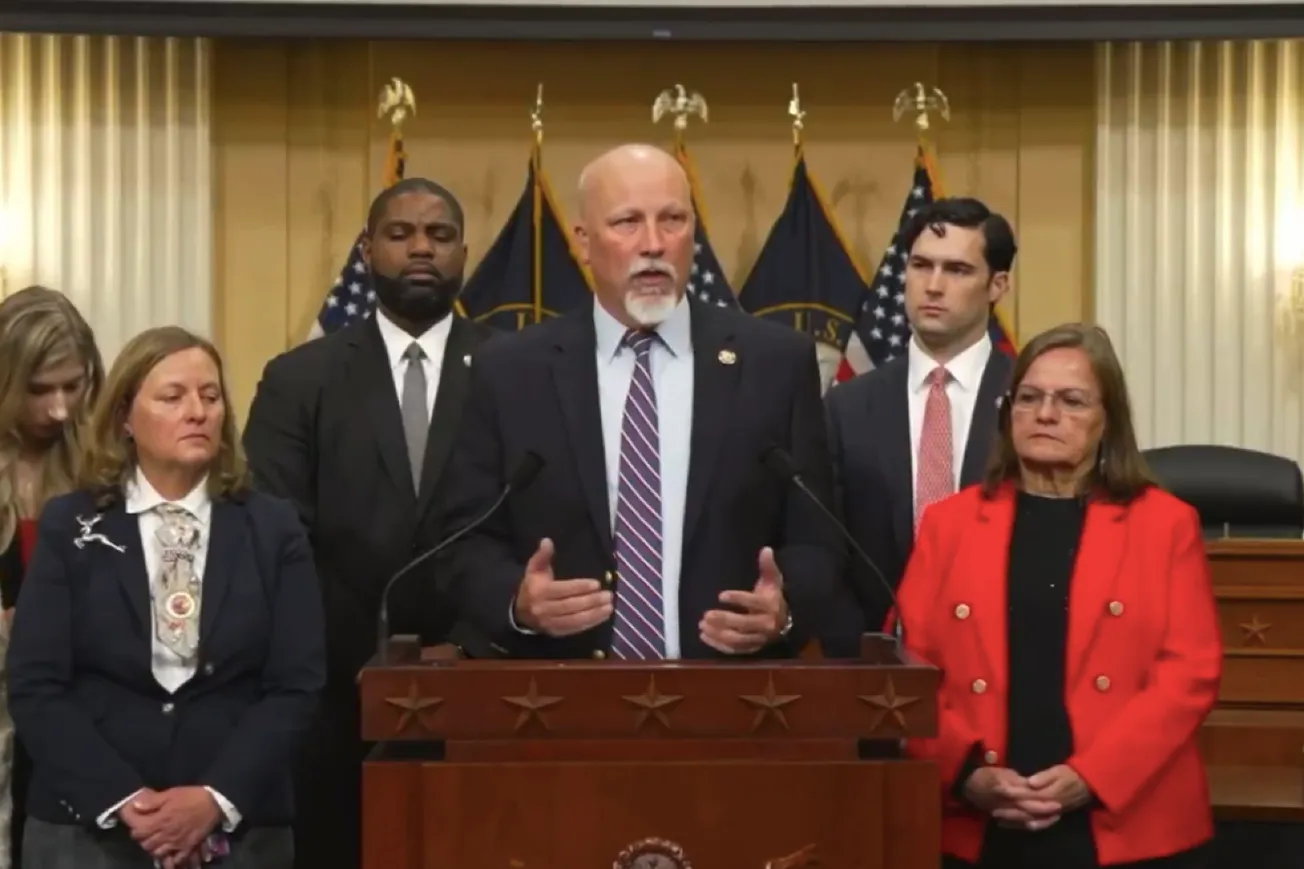The New York Times lead sentence said it all: "Secretary of State Antony J. Blinken visited NATO headquarters in Brussels on Wednesday at what he called a "critical moment" for Ukraine and the U.S.-led military alliance, as Europe braces for the anticipated upheaval of a new Trump era in Washington."
It was a remarkable spotlight on Blinken's and his NATO allies' incompetence. Should NATO have to brace for the anticipated upheaval of a new Trump era? Didn't NATO foresee that there was a real possibility that Trump could return to the White House? If the alliance couldn't plan for leadership changes on NATO's side, how could they possibly scale to moves by the enemy?
There's an adage in the military that hope is not a strategy. Wishing that Vice President Harris would win the election and keep the spigot open to fund the Ukraine war is okay, but having robust backup plans should that not happen is critical.
How do we know that Blinken and his NATO friends were unprepared for "this upheaval in Washington?" The Times report is clear: "In a trip organized only after last week's presidential election results made clear that U.S. policy will likely swing dramatically away from President Biden's lock-step support for NATO and Ukraine, Mr. Blinken met with alliance and European officials to help plan for a post-Biden future."
The Biden administration's NATO policy, led by Blinken and Jake Sullivan, has needlessly increased NATO's liability (with the induction of Finland and Sweden as new members) and complicated the organization’s role in the Russia-Ukraine war.
The political and military alliance was established in 1949 to ensure the collective defense and security of its member nations. The enemy at the time was the Soviet Bloc, and the ideological battle then pitted democracy against an authoritarian, Communist vision of how the world should operate after the horrors of two World Wars. Article 5 of its founding treaty stipulates that an armed attack against one member is considered an attack against all members.
This principle was first invoked after the 9/11 attacks in the United States, and it was entirely legitimate and just. Other than in this instance, there has never been an act of aggression against a NATO country.
But the post-9/11 era is not the only time that NATO was actively engaged in war. Tucked away under its Crisis Management doctrine, NATO has the authority to engage militarily "when issues threaten security in the broader Euro-Atlantic area." The overbroad clause has allowed NATO to be militarily involved in the Balkans, Libya, Afghanistan, and, for the last three years, Ukraine.
Ukraine is not a NATO member country, so Article 5 provisions do not apply. The only way NATO could legally defend Ukraine was to invoke the Crisis Management clause. This is the reason that Biden has consistently maintained that Russia would expand its aggression to Kyiv, take over all of Ukraine, run it like a new Russian province, and then set sights on neighboring European countries - sparking a crisis. Putin's decision to attack Kyiv fueled Biden's thinking. Never mind that the invading Russian force was so weak and unprepared that Ukraine, with no help from NATO allies, successfully thwarted the invasion and sent Putin packing.
Biden's fears that Russia would expand beyond Ukraine are baseless. The brave Ukrainians, at significant cost to life and limb, have successfully held back Russian advances, although, in recent months, the defensive lineup is failing. Even in the worst scenario, Russia would only control about 20% of Ukraine, including Crimea, which it annexed in 2014. While 20% is a considerable number, Biden's support for expanding NATO to include formerly neutral Sweden and Finland was extreme. There is no evidence that President Putin wants to - or is capable of - creating a new Soviet-style Russia with the same land borders as the erstwhile Soviet Bloc following World War II. Any assertion by any Western leader about Putin’s ambition is nonsense.
Biden is correct that Ukraine couldn't have achieved what it has without American and European help - but Ukraine’s achievements have come at a steep cost. It is a point that Trump has repeatedly made. Speaking about the devastation in Ukraine at a September rally in North Carolina, Trump said: "Those cities are gone. They're gone, and we continue to give billions of dollars to a man who refused to make a deal, Zelenskyy. There was no deal that he could have made that wouldn't have been better than the situation you have right now...You have a country that has been obliterated, not possible to be rebuilt. It'll take hundreds of years to rebuild it, there's not enough money to rebuild it if the whole world got together. If they made a bad deal, it would have been much better."
Russia has lost more troops than Ukraine and has had to rely on Iran, China, and now North Korea to keep the fight going. While Russia is winning in Ukraine, it is only barely doing so.
NATO should worry about how Russia could react if Putin were to determine that he is losing the larger conflict because of continued NATO support to Ukraine - and what actions he could take in sheer exasperation or desperation. With the world's most potent nuclear arsenal, Russia has advanced weaponry that NATO does not have. The more significant question is: How long should the West fund Kyiv when Ukraine is losing badly?
America is the largest funder of NATO and the war in Ukraine. Both Trump and Vice President-elect Vance made it clear during the campaign that they oppose funding Ukraine and that restoring peace is their utmost priority. Americans have resoundingly voted to elect Trump and return him to the White House. NATO leaders should accept the mandate that Americans have given Trump and immediately begin peace talks.
But Blinken would have none of that, and in Brussels, he continued the same old, tired speech. He said that he had come to NATO's headquarters to ensure the alliance could provide Kyiv with "the money, the munitions, and the mobilized forces to fight effectively in 2025."
As Blinken prepares to leave office as probably the worst secretary of state in recent memory, his legacy is already enshrined in history. His leadership of NATO has led the military alliance to chaotic disarray.









